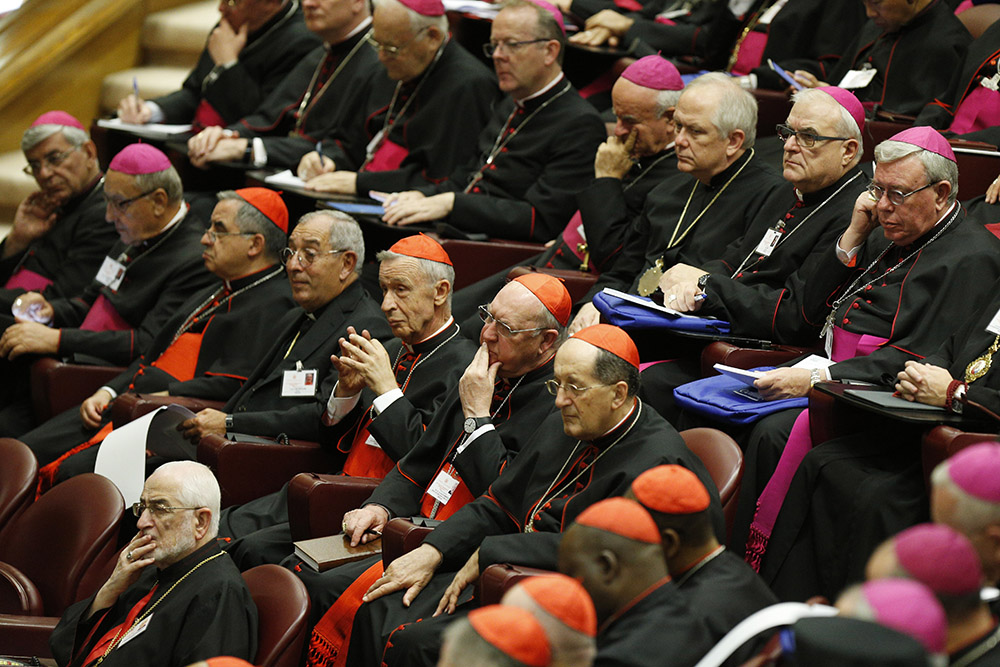The Catechism of the Catholic Church teaches, “Holy Orders is the sacrament through which the mission entrusted by Christ to his apostles continues … until the end of time … it is the sacrament of apostolic ministry [and] includes three degrees: episcopate, presbyterate, and diaconate” (No. 1536).
The bishop enjoys the fullness of the priesthood of Christ. His task is to take the place of Jesus “in an eminent and visible manner … [as] teacher, shepherd, and priest, and act as his representative” (No. 1558). A bishop’s special ministry is to care for the particular (geographic) Church community entrusted to him by the pope.
The adjective “arch” means the most representative example of something, so an archbishop is the highest degree of bishop in the Church’s administration. A comment on the Church’s Code of Canon Law (see Canon 435) states an archbishop “within his own diocese … has only the usual powers of a diocesan bishop [but], in addition, he exercises certain other powers over the neighboring dioceses which with his own form an ecclesiastical province.”
Cardinals are those bishops whose capabilities the pope has recognized with a special title, and the responsibility of serving as his advisers and counselors. A cardinal’s chief task is to elect the new pontiff when the office falls vacant.

